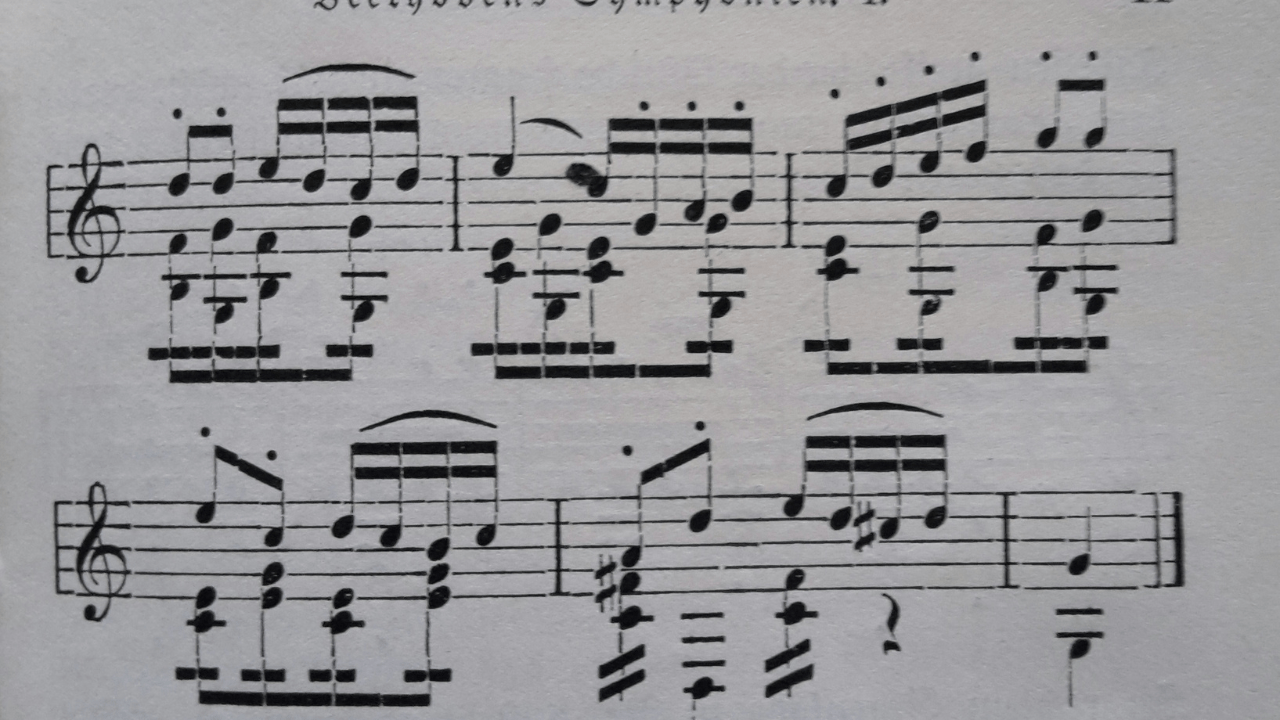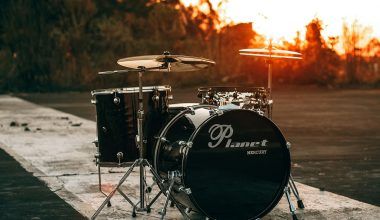Have you ever heard a song that sounds magical, like it’s being sung in a grand hall? Or maybe you’ve shouted in a large canyon and heard your voice come back to you, repeating what you said? Those experiences happen because of reverb and echo. These two sound effects are super important in music, movies, and even everyday life.
But what is the difference between reverb and echo? While they seem similar, they’re actually very different in how they make sound feel. Let’s break it down step by step so you can understand it easily.
What is Reverb?
Reverb, short for “reverberation,” is when sound bounces around a space and creates a feeling of fullness or depth. Imagine standing in a big, empty church. When you clap your hands, the sound doesn’t stop instantly. Instead, it lingers in the air because the sound waves are bouncing off the walls, floor, and ceiling. That lingering sound is called reverb.
Why Reverb Feels Natural
Reverb makes sounds feel natural and smooth because it blends all the reflections together. This is why it’s often used in music to make vocals or instruments sound more “alive.”
Examples of Reverb in Real Life:
- Singing in the bathroom (your voice sounds better because of the tiles!).
- The sound of applause in a large theater.
- The roar of thunder rolling across the sky.
What is Echo?
Echo, on the other hand, is more like a sound that repeats. It happens when sound bounces back from a surface far away, and you hear the original sound and its copy separately. For example, when you shout “Hello!” in a big canyon, you might hear “Hello… Hello… Hello…” as the sound travels back to you.
Why Echo Feels Dramatic
Echo grabs attention because the repeated sound stands out. It’s like having a conversation with your own voice.
Examples of Echo in Real Life:
- Shouting in a large, empty space like a mountain range.
- Hearing a train horn bounce back in a quiet valley.
- Clapping your hands near a tall building.
The Key Difference Between Reverb and Echo
While both effects are about sound bouncing off surfaces, the main difference is time.
- Reverb happens quickly, with reflections so close together that you can’t hear them individually. It creates a smooth, blended sound.
- Echo takes longer, with clear and separate repetitions of the sound.
Think of reverb as a soft “wash” of sound and echo as a clear “repeat.”
| Feature | Reverb | Echo |
|---|---|---|
| How it Sounds | Smooth and blended. | Clear and repeated. |
| Timing | Reflections happen very quickly. | Reflections take more time. |
| Feeling | Adds fullness or space. | Adds drama or rhythm. |
How Reverb and Echo are Used in Music
Reverb in Music
Reverb is like a magic ingredient that makes a song feel richer and more professional. If you’ve ever heard a live concert, you’ll notice how the music fills the entire space. Reverb helps recreate that feeling in recordings.
Where Reverb is Used:
- In vocals, to make the singer’s voice sound warm and big.
- On drums, to add depth and energy.
- In orchestral music, to simulate a concert hall.
Echo in Music
Echo, on the other hand, is often used as a creative effect. It can make a song feel catchy or dreamy by repeating certain parts of the sound.
Where Echo is Used:
- electronic music, to create trippy or futuristic vibes.
- pop songs, to emphasize a word or phrase.
- sound effects for movies, like footsteps in a cave.
Why Understanding Reverb and Echo is Important
If you’re into music production, podcasts, or even filmmaking, knowing the difference between reverb and echo can help you create better audio. Reverb makes things feel natural, while echo grabs attention. Knowing when to use each effect is like knowing when to add spice to your cooking—it makes all the difference!
Different Types of Reverb
Reverb comes in different flavors, and each one creates a unique feeling. Let’s look at the main types:
- Room Reverb: Mimics the sound of a small room. It’s subtle and not too overwhelming.
- Hall Reverb: Sounds like you’re in a big concert hall. Perfect for orchestras and ballads.
- Plate Reverb: Created with a metal plate in studios, it has a vintage vibe.
- Spring Reverb: Common in guitar amps, it has a bouncy, twangy feel.
Different Types of Echo
Echo effects can also vary depending on how they’re created:
- Slapback Echo: A quick, single repeat. Often used in rockabilly music.
- Ping-Pong Echo: Alternates between the left and right speakers, creating a stereo effect.
- Tape Echo: An old-school effect from analog tape machines. It’s warm and nostalgic.
Everyday Examples of Reverb and Echo
You don’t have to be a sound engineer to experience these effects. They’re all around us!
- Reverb: When you walk into a gymnasium or cathedral, notice how your footsteps sound fuller.
- Echo: Next time you’re in a canyon or near a tall building, shout something and listen for the echo!
How to Use Reverb and Echo at Home
If you’re a beginner musician or podcaster, you can play around with reverb and echo effects using free software like Audacity or advanced tools like Ableton Live. Here’s how:
- Adding Reverb:
- Use it on vocals to make them sound professional.
- Add it to instruments to simulate a live performance.
- Adding Echo:
- Use it sparingly to highlight important words or notes.
- Experiment with different delay times for creative effects.
Common Myths About Reverb and Echo
Let’s clear up some confusion:
- “Reverb and Echo Are the Same Thing”: Nope! They’re similar but distinct in how they shape sound.
- “More is Always Better”: Too much reverb can make music sound muddy, and too much echo can be distracting.
- “They Only Work in Music”: Reverb and echo are also essential in movies, podcasts, and live events.
Why These Effects are So Magical
Reverb and echo don’t just change how sound works; they change how we feel sound. Reverb can make you feel like you’re in a grand theater, even if you’re listening through headphones. Echo can transport you to a canyon, making your voice feel larger than life. They are powerful tools that connect us to the world of sound.
Conclusion: Bringing Sound to Life
So, what is the difference between reverb and echo? It’s all about how sound bounces and how we hear it. Reverb gives us smooth, natural sound, while echo gives us sharp, repeating sound. Together, they help create amazing audio experiences in music, movies, and even everyday life.
The next time you listen to a song or watch a movie, try to spot where reverb and echo are used. Once you start noticing them, you’ll appreciate the art of sound even more!
Related Articles:
For further reading, explore these related articles:
- Discover the Best Hot TikTok Songs of 2024 That Everyone Loves
- Tidal vs Spotify: Which Music Streaming Platform is Right for You?
For additional resources on music marketing and distribution, visit Deliver My Tune.






